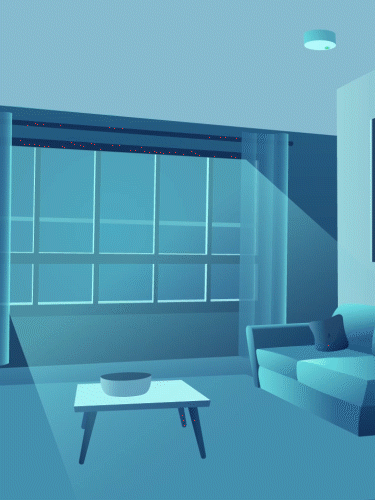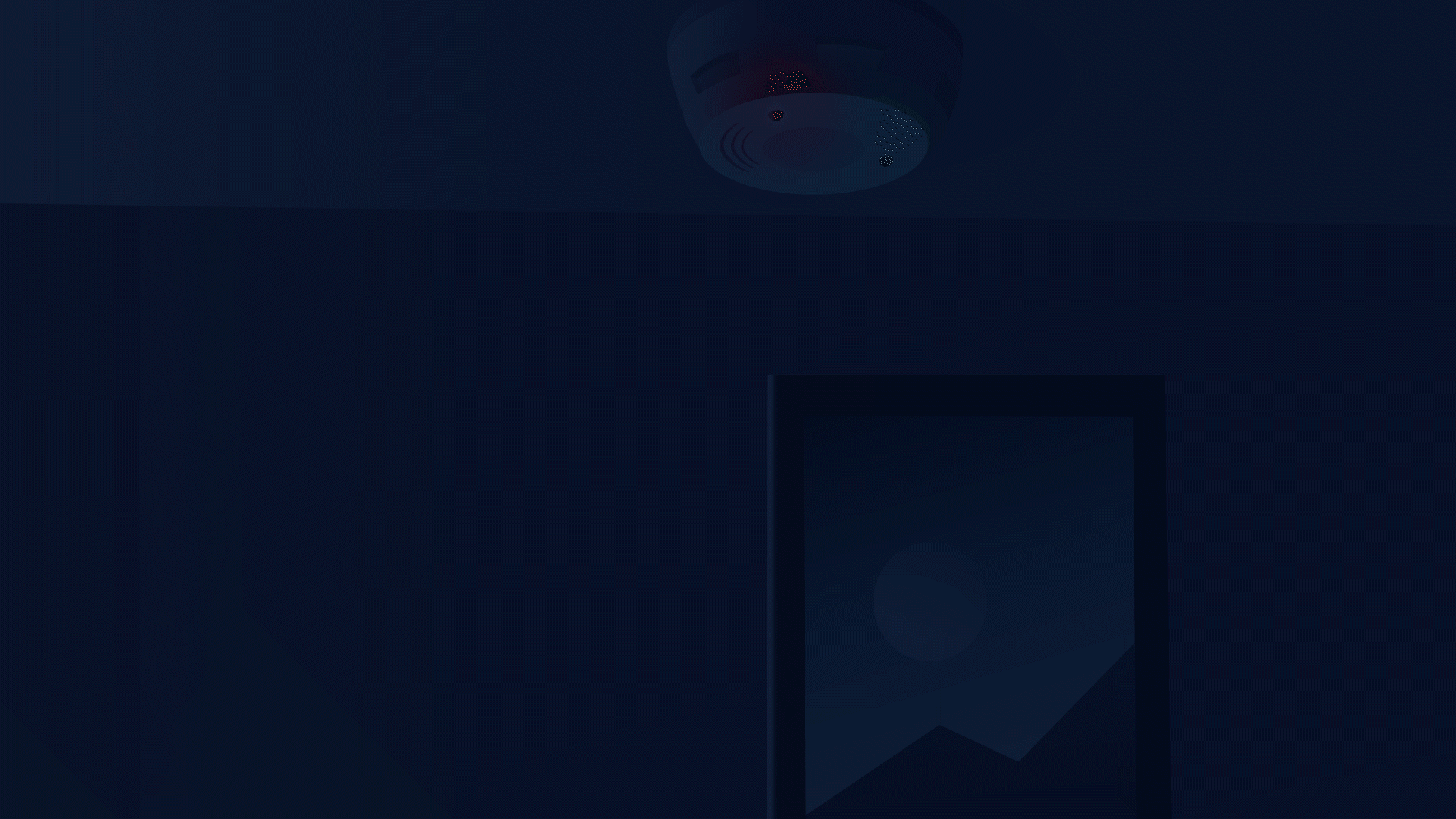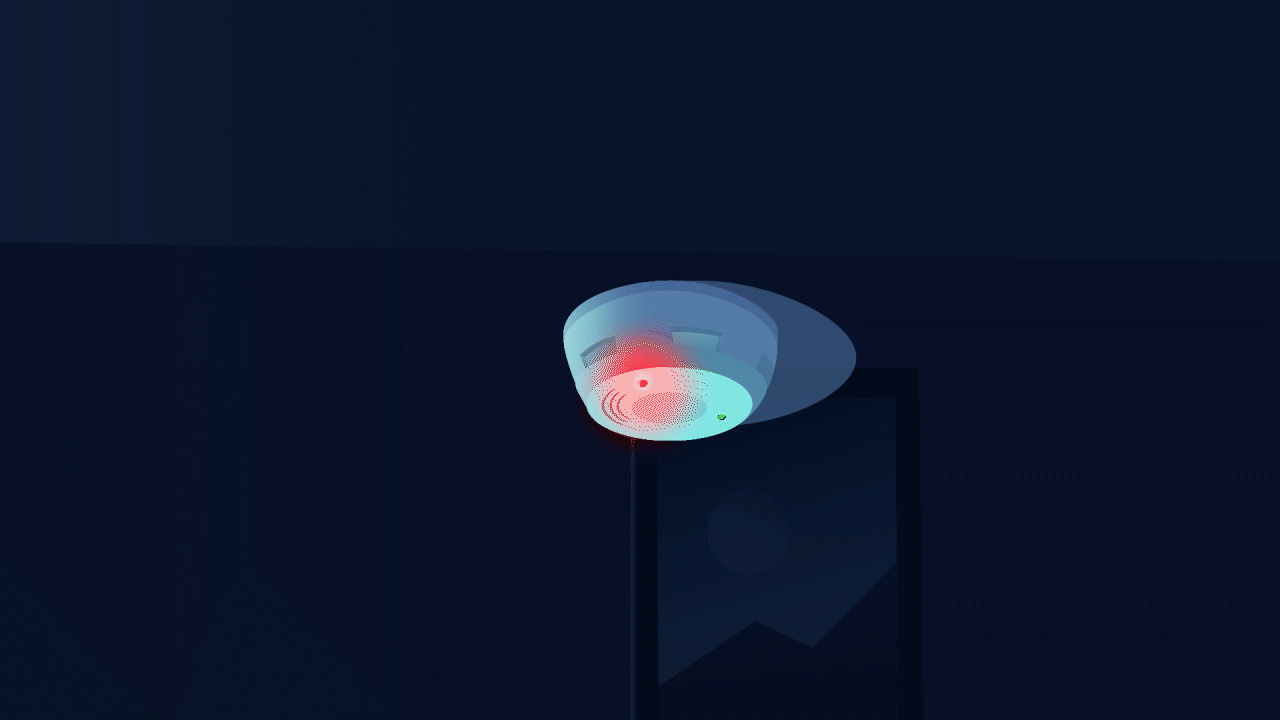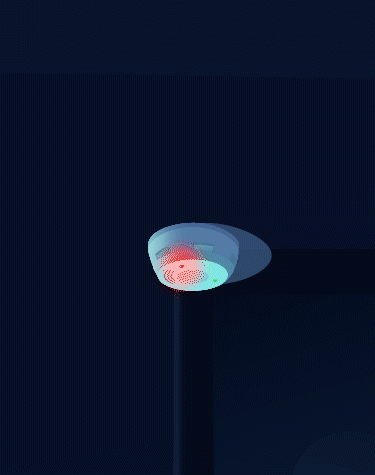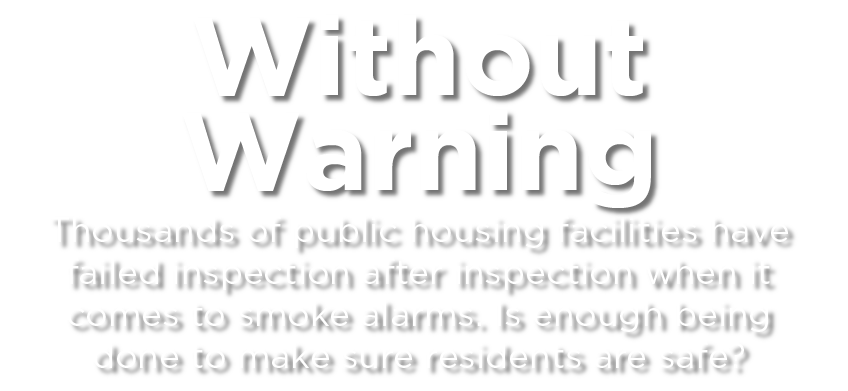13 Investigates delayed public housing inspections
When the apartment unit above Loretta Gulley caught on fire in 2017, she was forced to move to another one at Texas Coppertree Village in Houston.
The following year, the privately-owned and federally-subsidized housing complex failed a U.S. Department of Housing and Urban Development inspection with a score of 31 out of 100. The inspection, which was more than a year overdue, cited the complex with serious, potentially life-threatening health and safety issues, including missing or broken smoke detectors in some units.
When it was inspected again in June 2019, Coppertree Village improved its score to 75, but residents and housing advocates tell us some problems continued.
Coppertree is among 98 out of 188 federally-funded housing complexes in the Houston-area that were cited for inoperable or inadequate smoke detectors at least once between 2014 and 2019, according to an analysis of HUD data by 13 Investigates and ABC Owned Television Stations. Those 98 complexes cited for smoke detector problems at least once are home to about 25,000 people.
Since the 2018 inspection, Coppertree's owner "has completed a number of larger scale improvements that have benefited the property, including the replacement of all roofs, gutters and downspouts and the repainting of the exteriors of all buildings, the resurfacing/restriping of the parking lots and the enhancement of the lighting and security systems at the property, as well as a number of as-needed unit interior improvements," according to a statement to 13 Investigates.
Coppertree said some of the deficiencies it was cited for were caused by tenants, adding that "all units found to have inoperable smoke detectors during the most recent inspection [in 2019] had been removed by residents."
Management told 13 Investigates that, today, all units have working smoke detectors.
When ranked nationwide, Houston's federally-funded housing complexes have a higher percentage of failing HUD smoke-detector inspections than those in most major cities.
Fifty-two percent of subsidized properties in the Houston-area were cited as having inoperable or inadequate smoke detectors at least once between 2014 and 2019.
"Creating safe communities that comply with federal regulations and protect residents is very important to us," the Houston Housing Authority said in a statement to 13 Investigates. "There are cases in which tenants voluntarily dismantle smoke detectors/remove batteries. When management identifies this safety issue/fire hazard, timely action is taken to correct it."
According to the HUD data, inspectors repeatedly found problems with missing or broken smoke detectors year after year at 76 Houston-area complexes, but our analysis also revealed dozens of complexes that were hundreds of days overdue for what HUD calls REAC inspections.
Housing advocate Ericka Bowman said delayed inspections impact the residents who live there.
"The outcome is what we see on a daily basis," said Bowman, a community navigator for Texas Housers, a group that provides information on low-income housing statewide. "It's a terror, it's a nightmare. It's what these families are having to live in every day because of HUD not making sure that they do everything that they can possibly do to make sure that these families are safe."
A regional HUD spokesperson said inspection times can vary anywhere from annually to every three years, depending on what the property's previous inspection score is.
HUD said some of the delayed inspections can be attributed to severe flooding in 2015, 2016 and 2017. During natural disasters, the agency allows properties to conduct a damage assessment and "file insurance claims and make repairs without inspections distracting the process."
"After HUD restarts inspections following a natural disaster, REAC then works to reschedule the cancelled inspections during the next inspection cycle. Due to a variety of reasons, including workload capacity of contract inspectors and a lack of available contractors in areas recovering from a natural disaster, the rescheduling may be substantially delayed," HUD said in a statement to 13 Investigates.
Owners of privately-owned and federally-funded housing complexes have no control over when HUD inspects their properties.
While 13 Investigates can't determine how many properties are currently overdue on inspections because current data is unavailable, we found 85 percent of all federally-funded public housing properties in Houston were overdue for HUD inspections at least once since 2014, possibly leaving other issues undetected.
Bowman says a lag in inspections could mean the basic needs of some residents – like clean water and working electricity -- aren't being met, despite the owners and operators of these complexes receiving taxpayer funding to help operate them.
"You asked me to paint a picture of what it is these tenants have to live in on a daily basis and the picture is unimaginable unless someone was actually going to these conditions and experience it themselves," Bowman said.
Bowman said across Houston, there are several public housing complexes that don't provide tenants with the basic necessities of "decent, safe and sanitary living conditions."
And, she said, HUD isn't doing enough to inspect the facilities on time and follow-up to make sure families living in those homes are safe.
"I wish there was a fear in place, but there is no fear because they understand and they've gotten away multiple times. They understand the system, they know how it works," Bowman said. "The small cases that do hold them accountable isn't shaking them up enough."
HUD Secretary Dr. Ben Carson doesn't hide that his own agency may not be doing enough, but said the inspection process is undergoing changes to address overdue inspections in the past.
"We are changing the whole REAC system to account for the fact that over the past decade it simply has not been adequate. That's what has been concerning to me particularly as a medical professional and seeing people put at risk and that's why we've put so much extra emphasis on it," Carson said.
While Coppertree's owners say they've made changes to improve conditions, Gulley said she's still worried as she heads to sleep at night.
"Fires," she said, "never know."
Across the country, more than 1 million Americans are living in federally-funded housing complexes where inspectors have found there were not enough working smoke detectors.
In thousands of those complexes, the problems showed up on inspection after inspection.
ABC Owned Television Stations obtained and analyzed records from every published federal government inspection of subsidized housing since 2014 and found more than 11,000 complexes nationwide cited for missing, broken or otherwise inadequate smoke alarms.
That's 41% of all complexes run by public housing authorities or private landlords who get subsidies from taxpayers across the country. Many are home to elderly and disabled residents.
The problem in some cities was worse. Half or more of the complexes in New York, Houston and Chicago had been cited for not making sure smoke detectors were in place and working. In the suburbs of Bayonne, Newark and Jersey City in New Jersey, it was two-thirds of properties.
At more than 4,000 low-income housing sites nationwide, the ABC stations' exclusive data analysis reveals inspectors found smoke alarm problems on more than one inspection from 2014 through 2019.
The data analysis also found:
- At three of every four public housing complexes where inspectors discovered smoke detector problems, the inspectors also reported other dangers they considered "life-threatening" such as electrical hazards and blocked fire exits. At more than 8,000 facilities, life-threatening dangers showed up on multiple inspections.
- Despite knowing about smoke alarms and other safety problems, government inspectors returned to inspect properties months or even years behind schedule. About 90% of complexes with smoke alarm problems were inspected late, based on HUD's rules.
- Among the public housing facilities cited for smoke alarm problems were more than 2,800 complexes serving the elderly and 775 more serving disabled residents.
The federal government posts all of its inspection scores and some details about deficiencies - such as smoke detector problems - on HUD's public website and updates the records regularly. The most recently published data listing the inspection scores, which ABC reviewed, is current through 2019 for the vast majority of properties. In some states, the latest inspections published for public housing authorities were in 2018.
The investigation did not find problems with the smoke alarms or their manufacturers. Many of those companies work year in and out with fire departments and volunteer groups to give away detectors to anyone who needs them.
Rather, the investigation focused on the federal government's failure to make sure owners - whether they are public housing authorities or private landlords who receive federal subsidies - ensure their properties meet federal safety standards. That includes making sure smoke alarms are in place and working.
The federal rules say owners must install detectors in every home or apartment and check back regularly to make sure they work. That includes replacing batteries, which the rules say is among the owners' responsibilities. Owners also must set rules forbidding tenants from disabling smoke alarms.
Owners who don't follow federal guidelines can be penalized. For example, private landlords can lose the government money they're getting for providing safe housing.


